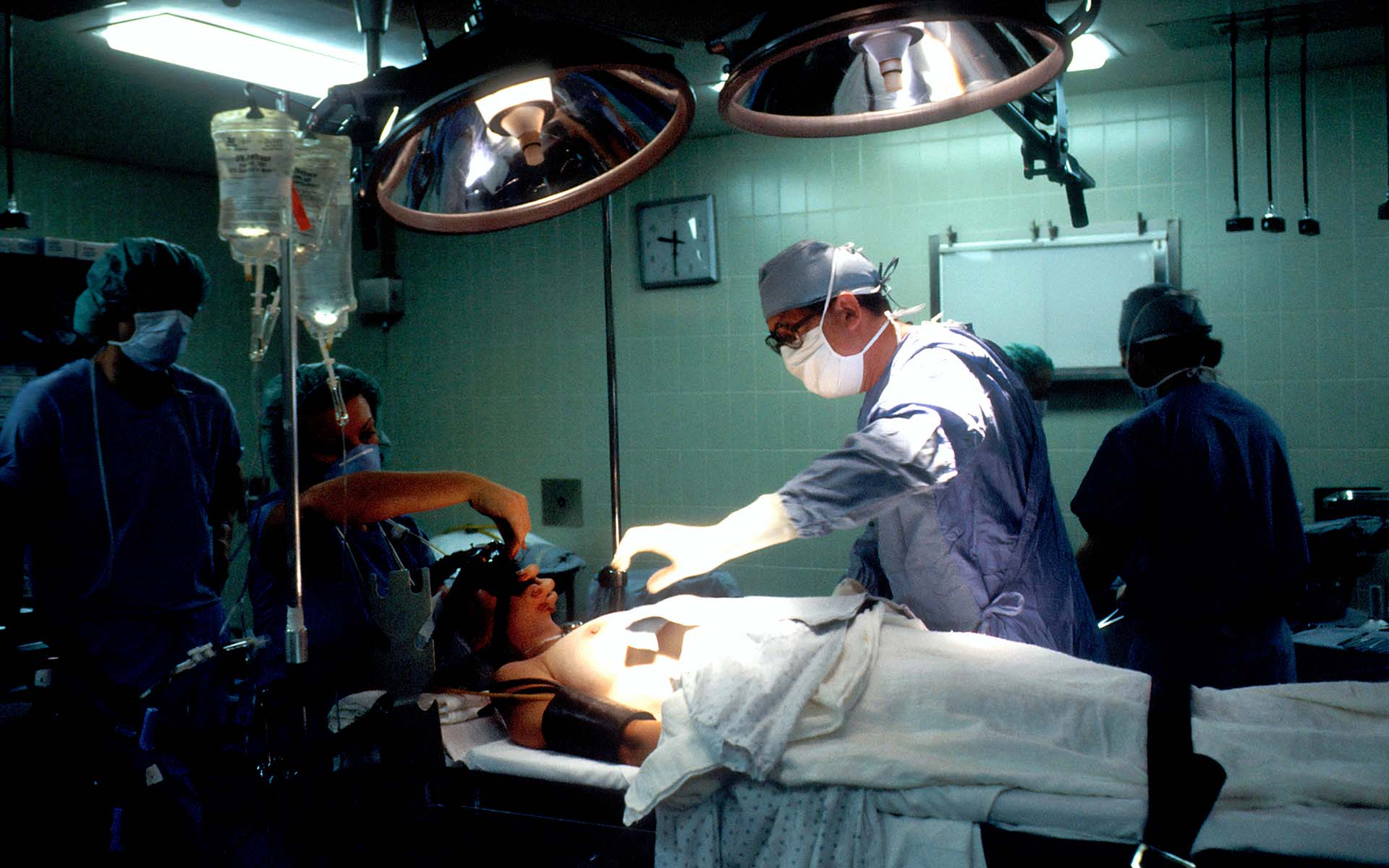Understanding Compliance: Medical Waste Disposal Regulations for Surgical Centers
Complying with healthcare waste regulations is essential for surgical centers. Proper medical waste disposal helps avoid costly fines and protects the safety of patients, staff, and the environment.
Adhering to medical waste regulations ensures that waste is handled, stored, and disposed of safely and legally. In this article, we’ll break down key federal and state laws and discuss why it’s vital to stay compliant.
Key Federal Medical Waste Regulations
Surgical centers must comply with federal regulations to ensure proper medical waste management. The following are some of the federal policies that affect medical waste disposal:
- The Resource Conservation and Recovery Act (RCRA): Managed by the Environmental Protection Agency (EPA), the RCRA governs the disposal of hazardous waste, including medical waste that can harm the environment or human health. It mandates how hazardous waste is handled, stored, and disposed of to ensure that the disposal process minimizes adverse environmental effects.
- The Occupational Safety and Health Administration (OSHA): OSHA’s blood-borne pathogen standards require surgical centers to follow strict guidelines for handling and disposing of sharps and biohazardous waste. Compliance with OSHA regulations protects staff and patients by helping prevent injuries and the transmission of infections.
- The Centers for Disease Control and Prevention (CDC): The CDC provides guidelines for the safe management of medical waste, particularly in healthcare settings. Their recommendations include medical waste segregation, storage, and disposal protocols. They aim to ensure surgical centers follow best practices to avoid contamination or injury.
Understanding State-Specific Medical Waste Disposal Regulations
In addition to federal guidelines, many states have regulations regarding medical waste disposal. These state-specific regulations often vary, so it’s important to keep updated on local requirements.
Common regulations include:
- State-specific waste classification: Some states classify medical waste differently and require surgical centers to follow unique segregation and disposal guidelines. For example, some states may have stricter rules about handling pharmaceutical waste or certain biohazardous materials.
- Local disposal requirements: Local jurisdictions often have their own waste collection and disposal services, with specific procedures for handling medical waste. Some areas may have additional medical waste disposal fees or require medical waste collection and transport permits.
- Additional reporting and record-keeping: Some states require surgical centers to maintain more detailed records of medical waste disposal, including tracking waste types, volumes, and disposal methods. This reporting helps state agencies ensure that facilities comply with all regulations.
Complying with these state-specific rules helps avoid fines, legal issues, and reputational damage. It’s important to regularly check for updates to state laws and adjust your waste disposal practices accordingly.
The Consequences of Non-Compliance
Surgical centers can suffer serious consequences for failing to comply with medical waste regulations. These can include:
- Fines and penalties: Both federal and state agencies impose significant fines for non-compliance. These fines can add up quickly and become a substantial financial burden on your surgical center.
- Health and safety risks: Improper disposal of medical waste can lead to exposure to infectious materials, which can result in injuries or the transmission of diseases. For example, non-compliance with OSHA’s blood-borne pathogen standards can put staff and patients at risk.
- Environmental damage: Improper medical waste disposal can lead to environmental contamination, especially if hazardous chemicals or biohazardous waste are not handled correctly. It can damage local ecosystems and result in costly cleanup efforts.
- Reputation damage: If people find out that your surgical center is out of compliance, it could damage your reputation within the community and the healthcare industry. It could lead to a loss of trust among patients and healthcare providers.
Best Practices for Staying Compliant
To help ensure your surgical center stays compliant with medical waste regulations, here are some best practices to follow:
- Regular staff training: Educate all staff members on the proper handling and disposal of medical waste. Regular training on waste segregation, the use of personal protection equipment (PPE), and emergency procedures for waste spills can reduce the risk of accidents and ensure compliance.
- Waste segregation and labeling: Implement a system for proper segregation and label waste at the point of generation. Color-coded bins and clear labeling help ensure that waste is disposed of correctly.
- Work with a certified waste disposal partner: Partner with a certified medical waste disposal company that follows all regulatory requirements. A trusted partner will help you stay compliant by providing timely pickups and ensuring safe and legal disposal.
- Audit and monitor your waste management system: Regularly review your medical waste management practices to identify any areas of non-compliance or inefficiency. Conduct internal audits and stay updated on regulation changes to help keep your surgical center compliant.
Understanding and following medical waste regulations is essential for surgical centers to avoid fines, protect patient and staff safety, and ensure environmental sustainability. Staying informed about federal and state laws, implementing best practices, and working with certified disposal partners can keep your surgical center compliant and running smoothly.
By focusing on compliance, your surgical center can create a safer, more efficient practice that prioritizes the well-being of everyone involved. For more information on medical waste compliance, contact Medsharps.











